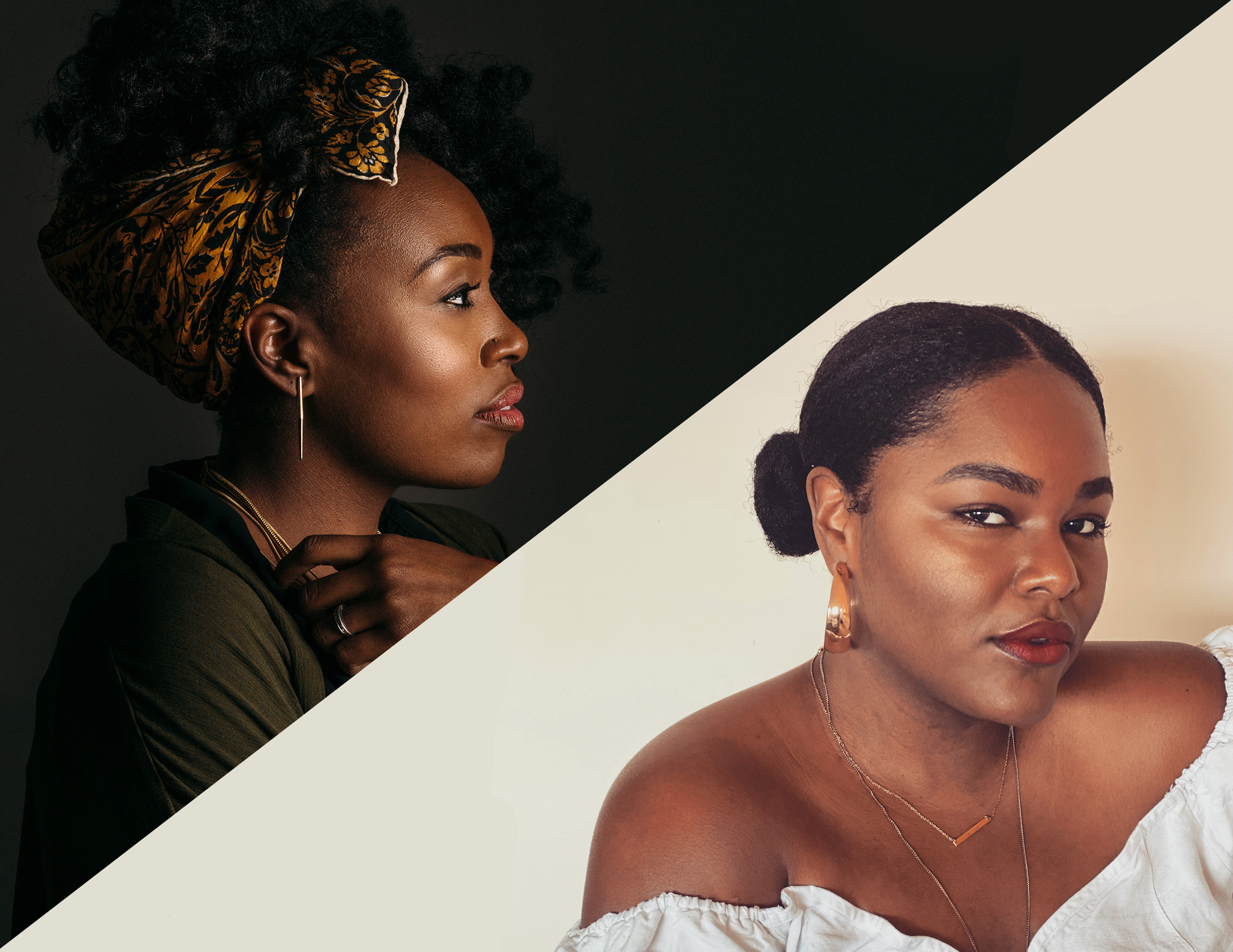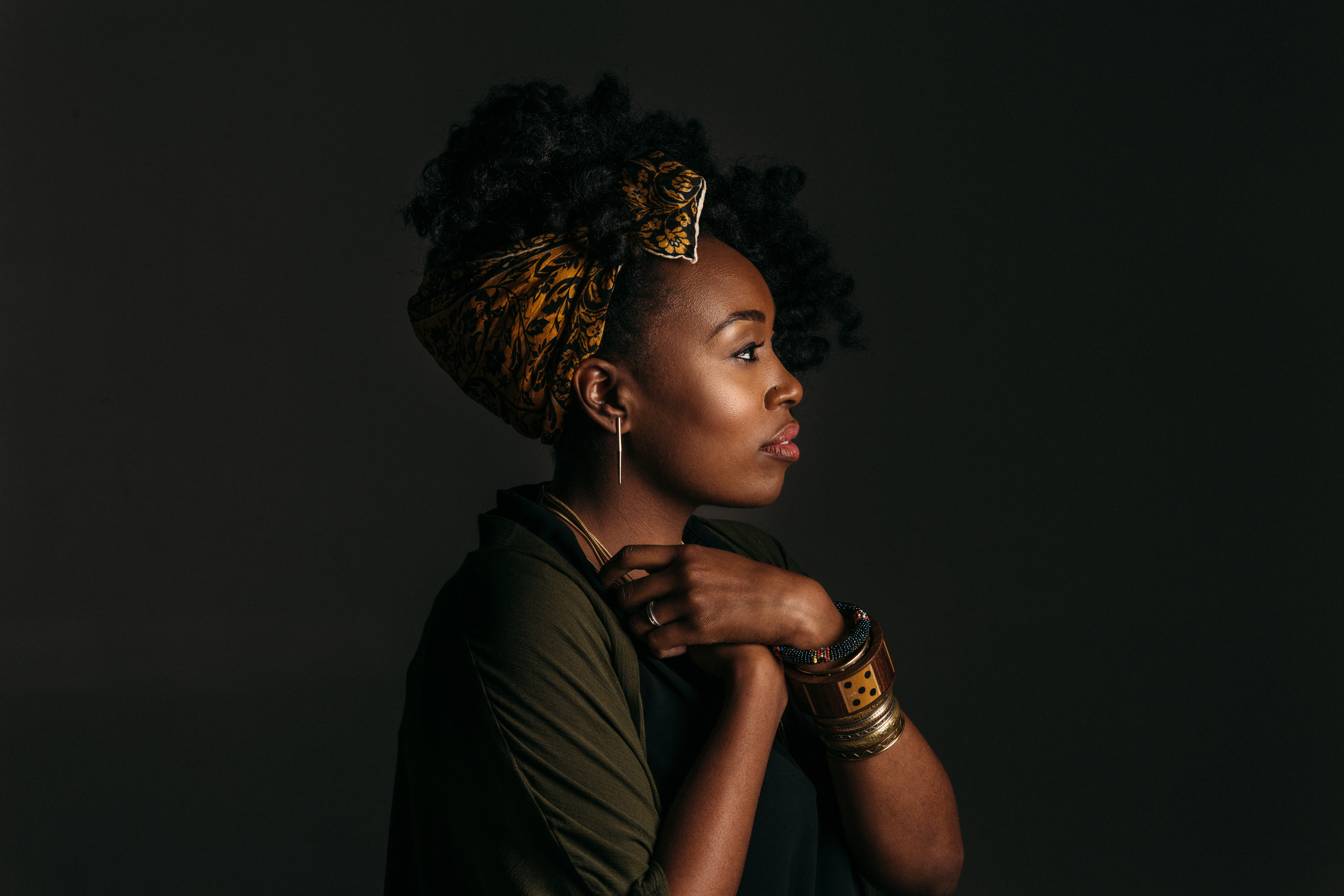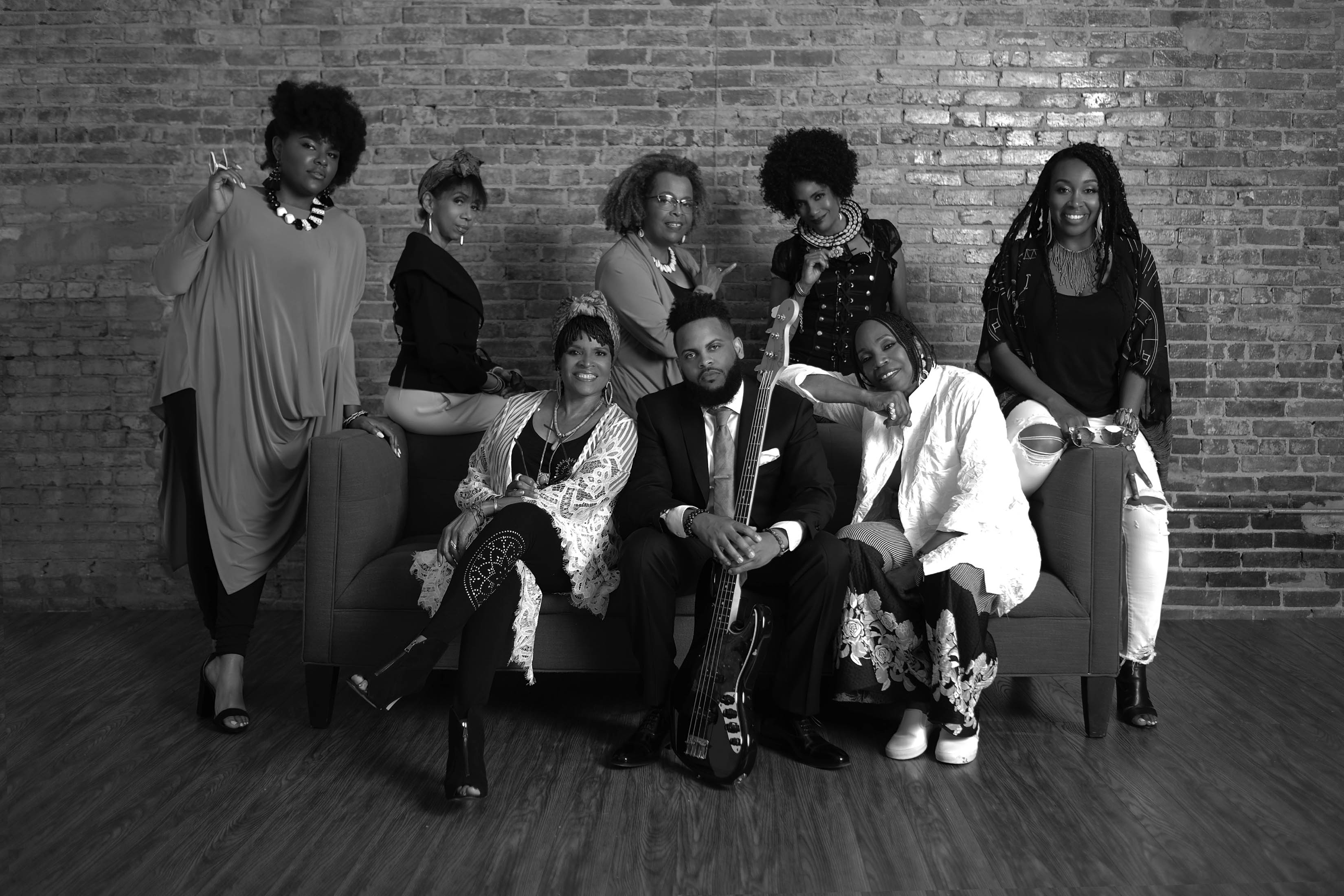Interviewed 6/20/2022 by Maya Lee, Strathmore 2022 Summer Intern
How has life been since being a Strathmore AIR?
I’ve just been able to grow, continue and level up each year, more and more. I love that Strathmore loves to keep us in the loop and connected, whether it’s performances or Betty just calling us up and saying let’s get some lunch to see how we are doing. Since the Artist in Residence program life has been really good and my artistic work has grown and expanded.
How has being a part of Strathmore’s AIR played a role in who you are today as a musician and artist?
In terms of an artist as a brand and a business, Strathmore has certainly influenced how I craft my brand packaging, what I choose to offer be it a concert or a workshop or a masterclass. My time with Strathmore helped me to view my artistic work as more than just the songs I that I sing and perform, to view it as more of an all-encompassing brand.
What are some aspects of that brand that are important to you?
One of the elements of the Artists in Residence program is that everyone has to create some sort of educational offering or outreach, something that is not just performing your music. From that time at Strathmore, I developed the whole suite of “informances,” as Betty [Scott, Director of the Artist in Residence Program] calls them, where you get a little knowledge and you get some performances, and a whole suite of early childhood and elementary music education classes that are centered around American music and American music artists specifically. That was a continuance of some work that I had done at Bloom Bars, which is this incredible arts organization in Columbia Heights. It's called Da Capo, and it’s about exposing children to the rich history and heritage of American music, and specifically our root in Black American music and culture.
I’ve also expanded my brand offerings to now include a podcast that comes out later this year called Tell Her This. It’s a podcast, live music experience and a visual art installation, which I had never done before. The center of the project is that I traveled around the country last fall, over 6000 miles, collecting stories from women. Even something like that is in direct lineage from the kind of work that I was doing at Strathmore, like the different ways you can monetize and expand into your artistic self.
How do you use your art and experience with Sweet Honey as part of your social activism and carrying that message forward?
Some people root them in civil rights and specifically the civil rights of Black American people, but it is also a lot of other issues that they bring into their music... It just used to frustrate me that they have been singing these songs for 50 years and we still need these songs. I just felt so incredibly like, how do you stay in the fight for something that you still have to keep fighting for?
But what I have come to realize and embody in myself that it is in the music that the collective singing that we are nourished, and that we nourish other people.
Being able to sing, being able uplift people, being able to hold people, being able to give voice to the things people are experiencing, that provides a level of joy and sustenance that is tangibly transferable and that uplifts the people who are on the front lines—those who are in the marches who are having to put their physical bodies where their politics are every day. And being able to imbue happiness and joy, being able to let people know that they are seen and that we are with them and value them and value their fight, is in itself a radical act of justice and a radical act of sustaining."
We see it all the time. We were just in Reno Nevada, and earlier this year and they just told us the Juneteenth concert that we recorded last year, that was able to be livestreamed, that the school board voted to not show it, they wouldn’t air it. So even in 2022, we still see that Black Women on a stage singing about justice is something that still threatens people.
What does it mean to you to be performing at the Music Center at Strathmore with Sweet Honey on the Rock for their 50th anniversary?
Before I started singing with them, they were having their 45th Anniversary Concert at Strathmore, and Strathmore invited me to do a pre-concert lecture on Sweet Honey. I did all this research preparing for it: listening back through their catalogue of music, emailing them questions and reading their book. I did this presentation on Sweet Honey and afterwards went to this concert. And that was actually was my very first time seeing Sweet Honey Live.
It was amazing. I had done all this research. listening to all these recordings and knowing their stories. And then seeing them live, I remember that show had a lot of different elements to it. Because most of them are actors, so there was a theatrical element to how they portrayed all their songs, and it was just incredible. So seeing them their for their 45th anniversary and now having sung with them for these years and going to perform with them for their 50th anniversary, it feels like a full circle moment.
The concert hall is such a beautiful space. It just feels so grand and yet it is designed in such a way that is also feels very intimate. I am really looking forward to being on that stage with this group for this special moment.
How has working with Sweet Honey felt similar or different than your solo work?
When I am singing with them, I feel like I am getting a very sophisticated, high-level education in styles of Black people, specifically in the some of the more congregational singing styles of Black people in this country. Some of the rhythms, some of the way harmony is constructed. Music of the oral tradition that is not always notated.
There are some pieces that we sing that as someone who came out of music school I think, okay how would I count this, how would I notate this? But because of so many meter changes or other things it doesn’t necessarily fit into the boundaries of our concept of how music should be notated from a theoretical point of view, which basically is from a predominately white centered, classical music centered study. I just feel like I’m learning things that no book could have taught me, I could not have learned in music school, because they don’t teach this kind of music. Which is just incredible.
I feel like I am carrying the torch forward.
I listened to your song Mountains, and it really resonated with me and my own journey towards mental wellness. I was wondering if you could talk a little bit about what it means to you and what your song writing process was like?
I started writing that song in the Cascal mountains. I was on this gig with Sweet Honey, we were performing at this amazing retreat. And on the grounds, they had a meditation building where you could go up a little path up into the mountains. I remember that I was at the tail end of an 18-month journey in therapy that was very intense and unearthing a lot of things within me.
At the time I was just starting to get into meditation, which is a huge part of my life now, I meditate every single day. It is really important to me as a spiritual practice. I remember the melody sort of just came to me. That song is written in a style that is almost like a country gospel tune. It’s different but familiar at the same time. We’ve all heard that kind of song before with that harmonic structure and song form. But those words just came to me. I wanted to write my story as an odyssey through my own personal journey to mental wellness.
For me personally it was more about confronting the pieces of myself that were holding me back. Being able to confront things like shame, regret, and trauma head on. And also, you know, as a woman of faith, that this was a God-ordained thing. I don’t mean my hurt or my pain, I mean my journey to wellness. I think so often in the church, particularly the Black church, mental health and faith are like “never the two shall meet.” It is like if you are struggling in a way with some sort of mental illness or some sort of struggle than you need to just pray and have faith. I don’t believe that. I know that God put therapy in my life and that saved my life.
Could you talk a little bit about your continuing work with AIR and what it means to you to be in community with AIR alumni?
The current iteration of the Strathmore Artist in Residence program is unlike anything else out there. There are lots of residencies that will give you some money and give you some time and even connect you with a mentor who can guide you along. But what is different is that it runs like those sections of record labels of the days of old… They really help you to build out your brand. If you really exploit all that they offer, you come away with a really marketable brand package to really get you started.
Once you’re in the program it is like you are never truly out.
Betty has continuing education for AIR alum where they are talking about things like marketing, that teach you how to buy a house, how to do your taxes. All these things you learn while you are in the program but maybe you are a few years on or more established, you need a review or something at a higher level. The fact that they continue to invest in our sustainability as artists in this area is something that is extraordinary.
The goal of Strathmore is to continue to find ways to enrich the lives of artists in this community. As the current AIR program ages, is inevitable that we will have more artists who will need more business and artistic guidance. We want to build it for artists who are established and a little further along in their career. I’m thrilled to be working and helping to shape that. I consider it a small way to give back to my artist community.

Fri. September 16, 2022 | 8pm Buy Tickets
See Rice and Dashiell perform at the Music Center this fall with Sweet Honey in the Rock, an a cappella ensemble with music rooted in African American history and culture.

AIR 2014 Full Interview with Christie Dashiell
"Strathmore has one of those communities that once you’re in, you’re family and you’re always taken care of. I really appreciated that about the program, the connections I’ve made with the people there."


